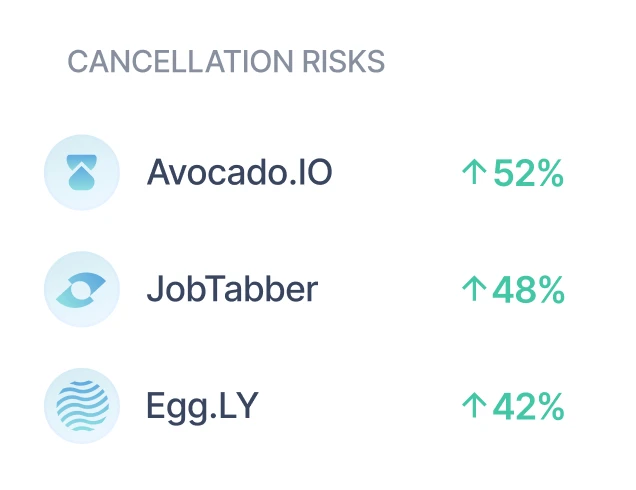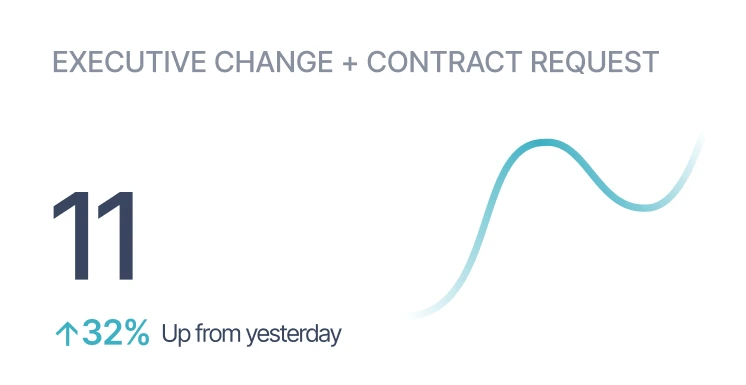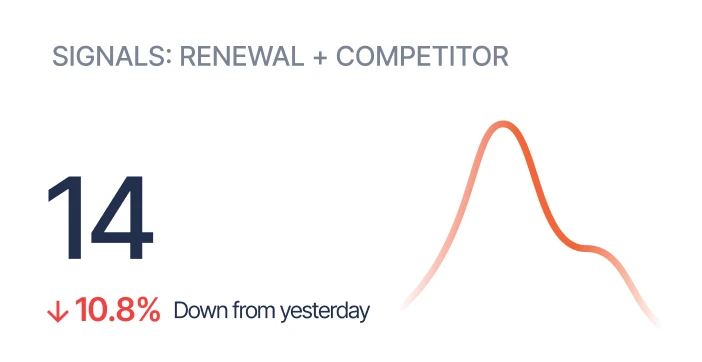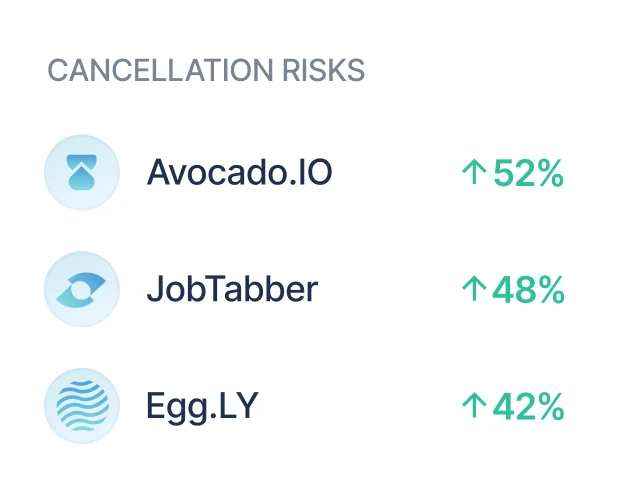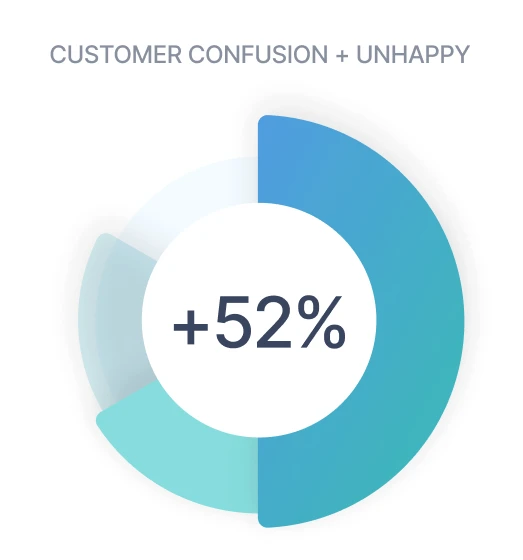If you’ve ever heard the following - keep reading
"This is something that was promised in the implementation stage."
"We were excited about the features that were promised, but you’ve under-delivered on the capabilities."
"Below is a list of things that were promised and hasn’t happened:"
"That was promised, but I still have not seen or heard anything."
"We can't use these services that were promised/promoted."
TLDR
Sturdy discovers signals in everyday customer interaction like email and more. The Overpromised Signal detects when a customer indicates a discrepancy between the product or service they expected and the one they received.
Whether the salesperson or account manager said “yes” when they should have said “no,” or what they said was accurate until someone else messed it up, overpromising often haunts post-sales teams. Poorly aligned expectations leave everyone involved feeling disappointed and let down. This fracture in the customer-to-business relationship is one of the leading causes of cancellations. It’s also one that often goes undocumented or improperly categorized.
Just as important as capturing the reasons why customers cancel, post-sale teams should identify and document common trends and topics that indicate overpromises. By understanding the areas where false promises are made, you can enable customer-facing teams to consistently provide accurate information about the capabilities of your product and services. In short, take these trends back to sales leadership to address the problem systematically.
Intrigued? It works. See Sturdy in action.
.avif)
.png)

.png)
.png)

